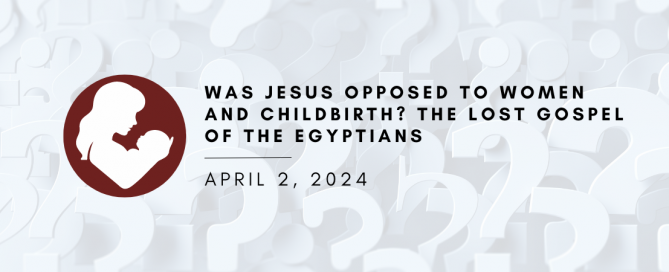Ever Hear of an Agraphon? An “Unwritten” Saying of Jesus?
To my surprise, I've never talked about the "agrapha" of Jesus before on the blog. It's about time I did! This is an intriguing topic connected with the teachings of Jesus known to almost precisely No One!! (I'd bet a case of fine French wine that your pastor -- if you've ever had one, in any kind of church whatsoever -- wouldn't be able to tell you what it's all about! Welcome to the world of the insiders. Here is what I say about the agrapha (plural of agraphon) in the book I published with my colleague Zlatko Pleše, The Other Gospels (Oxford, 2014). ****************************** The term “agrapha” has traditionally been applied to a group of “unrecorded” sayings allegedly delivered by the historical Jesus. The term is not altogether apt, since technically speaking these sayings have indeed been recorded--otherwise we would have no access to them. And so the term is more normally taken to mean sayings of Jesus that are not found in the canonical Gospels. Even this definition is problematic however, since it privileges [...]


